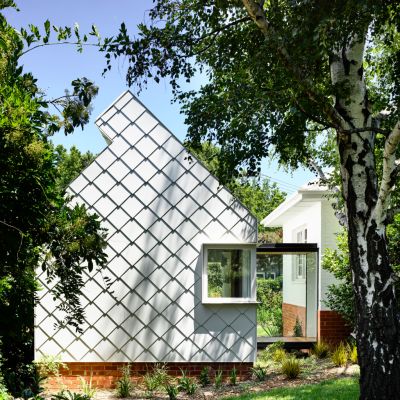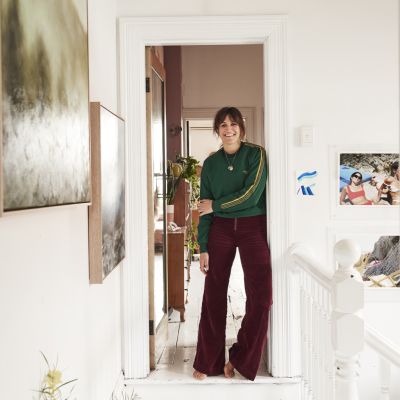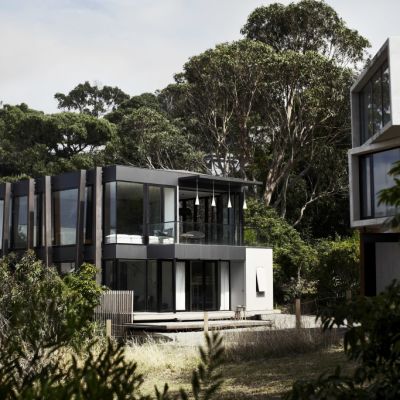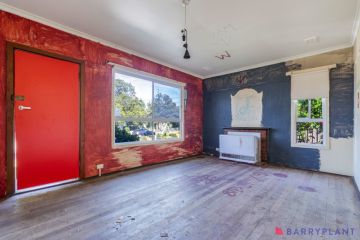All the winners of the 2019 Eat Drink Design Awards
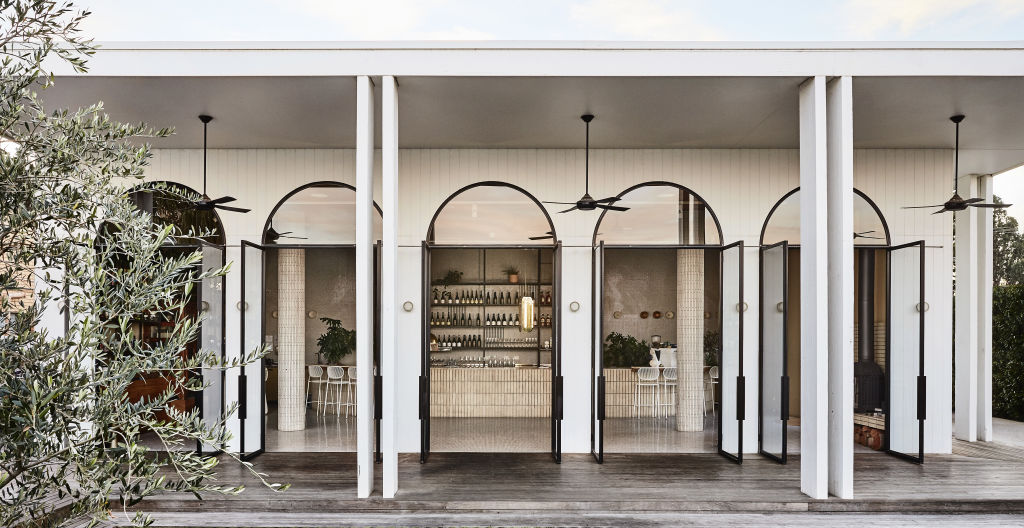
Attracting new customers to a cafe in 2019 is as much about the interiors as it is the food.
The Eat Drink Design Awards recognise the most exceptionally designed hospitality venues around the country, providing valuable insights into the Australian dining scene zeitgeist.
Most prominent among the 2019 winners is their geographic diversity. While past Eat Drink Design Awards have been heavily dominated by metropolitan operators, this year’s projects include a bar in a town of 2000 people, a hotel in Victoria’s historic Port Fairy, and a cafe on a suburban shopping strip in Melbourne’s Mont Albert.
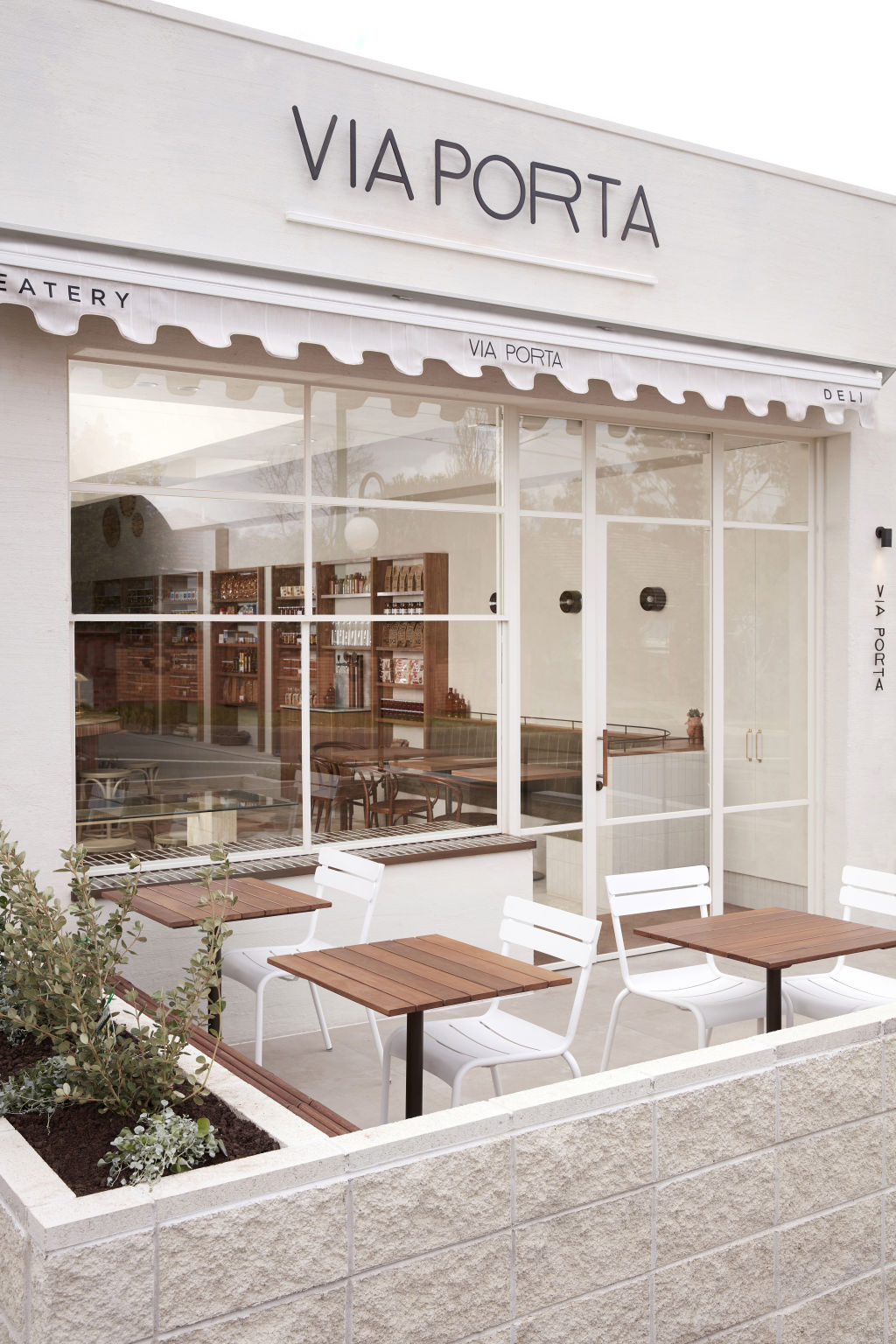
Editor of Artichoke magazine and awards juror Cassie Hansen says the inclusion of more regional operators indicates a growing food and design culture outside major cities.
Another theme that stood out to jurors this year was the importance designers are placing on customer experiences. Although this may sound like a basic requirement of hospitality design, it is often overlooked by modern venues in their quest to capitalise on Instagram engagement.
“A couple of years ago, a lot of designs were just for Instagram. I think designers are now designing for longevity, so they’re trying to create something that will last a long time and not having to be redone in a couple of years because it’s already past being trendy,” Hansen says. “Good design comes down to putting an emphasis on the customer’s experience and the customer’s comfort.”
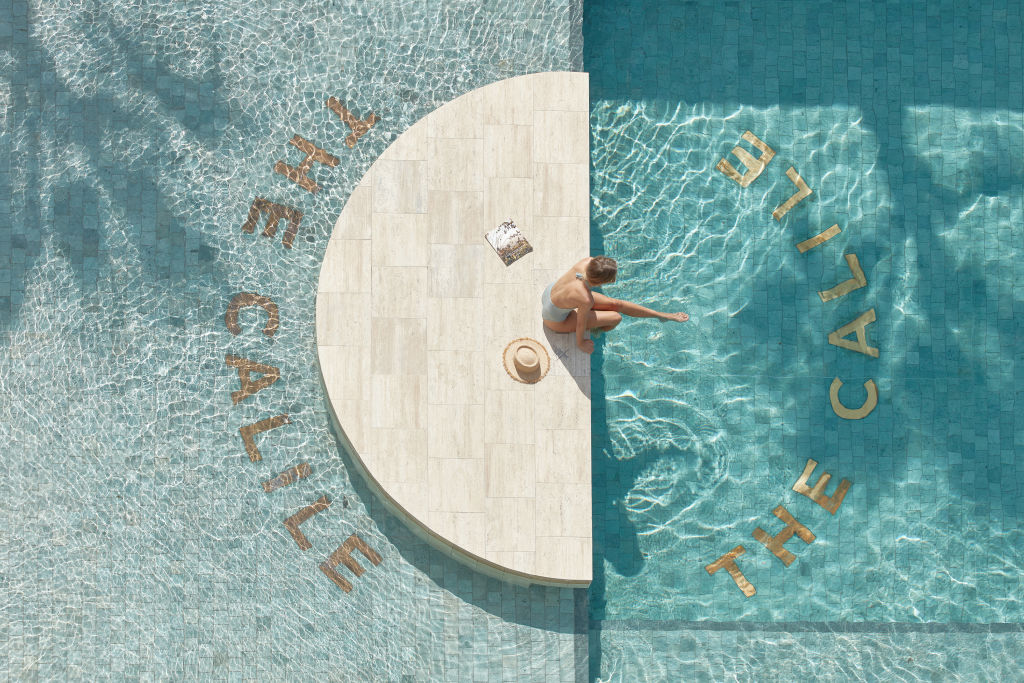
Melbourne’s Di Stasio Citta, which took out Best Restaurant Design, is a project that boldly looks to the future. The design by Hassell hides working areas such as switches, signage, power points, speakers, and control panels in order for the customer experience to be at the forefront. The result is a space that’s as much an art installation as it is a restaurant, which the jury posits will be near impossible for others to imitate.
Hospitality projects being replicated is something the industry has been recently challenged by as owners struggle to compete for organic media and social media coverage.
Nathan Toleman is the founder and chief executive of the Mulberry Group, one of Melbourne’s most successful hospitality companies that established Top Paddock, Kettle Black (both now sold) and newcomer Hazel among others.
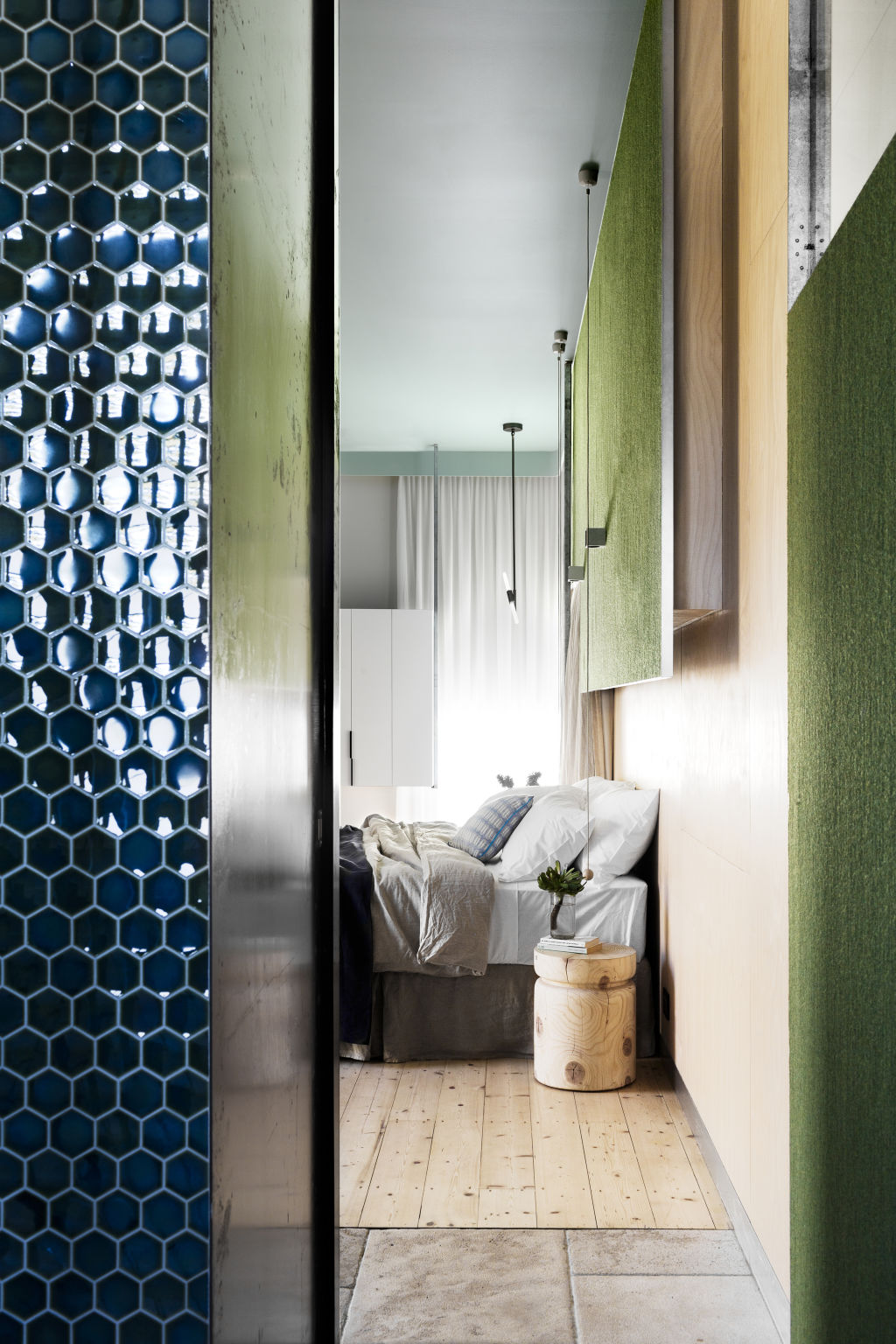
Toleman says the cost for an architect to design a hospitality fit-out ranges from $50,000 to a couple of hundred thousand dollars. Constructions costs are $4000 to $5000 a square metre when choosing to integrate custom joinery and quality materials.
While investing heavily into a project’s interiors can initially attract unassuming customers through the door, Toleman says it’s the quality of the food and overall experience that will repeatedly draw them back.
“Ultimately it’s the way the space makes you feel as a customer that I appreciate,” he says. “You want to be able to go to a place that takes you away to a kind of a different place.”
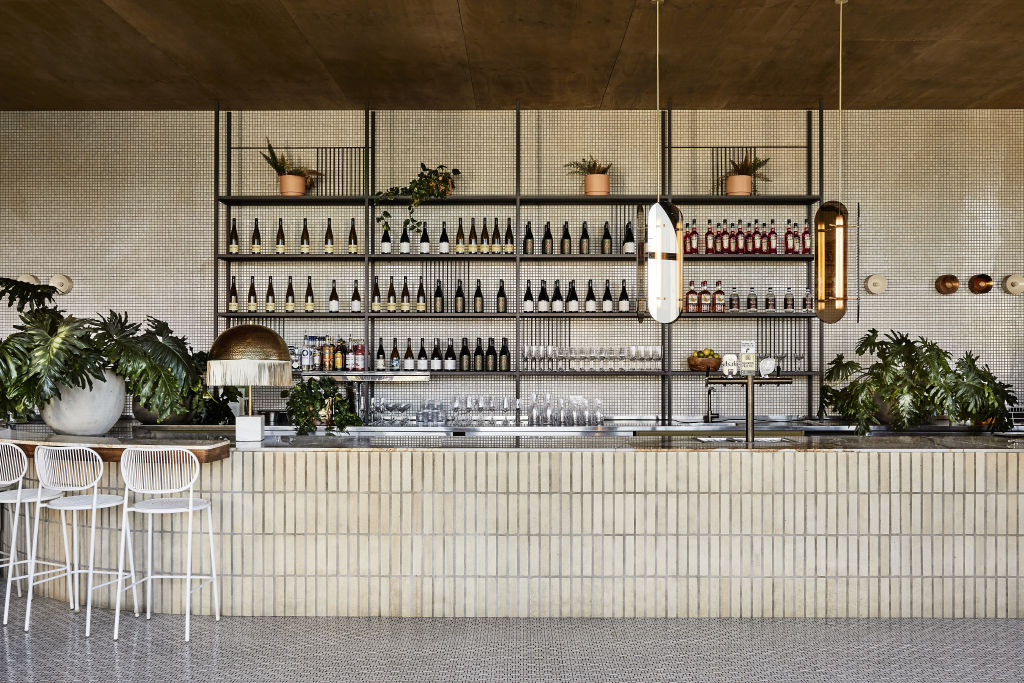
One of the most remarkable projects among this year’s winners is Blacksmith that took out Best Bar Design. This venue, designed by The Stella Collective, is especially impressive given its location in Mulwala, NSW – a town with a population of just over 2000 people.
“It’s got obviously mid-century vibes, but it also a space that will work in winter because of these beautiful fireplaces,” says Hansen. “It’s a multipurpose space that is very beautiful and very generous to the community.”
Among other winning projects is Via Porta, a newly-opened cafe and deli in Mont Albert. This space was designed by one of the co-owners, Sarah Cosentino, who is also the co-director of interior design firm Studio Esteta. A featured element of the exquisitely detailed space is the crazy paving flooring made from stone offcuts to emulate Italy’s iconic cobblestone lanes.
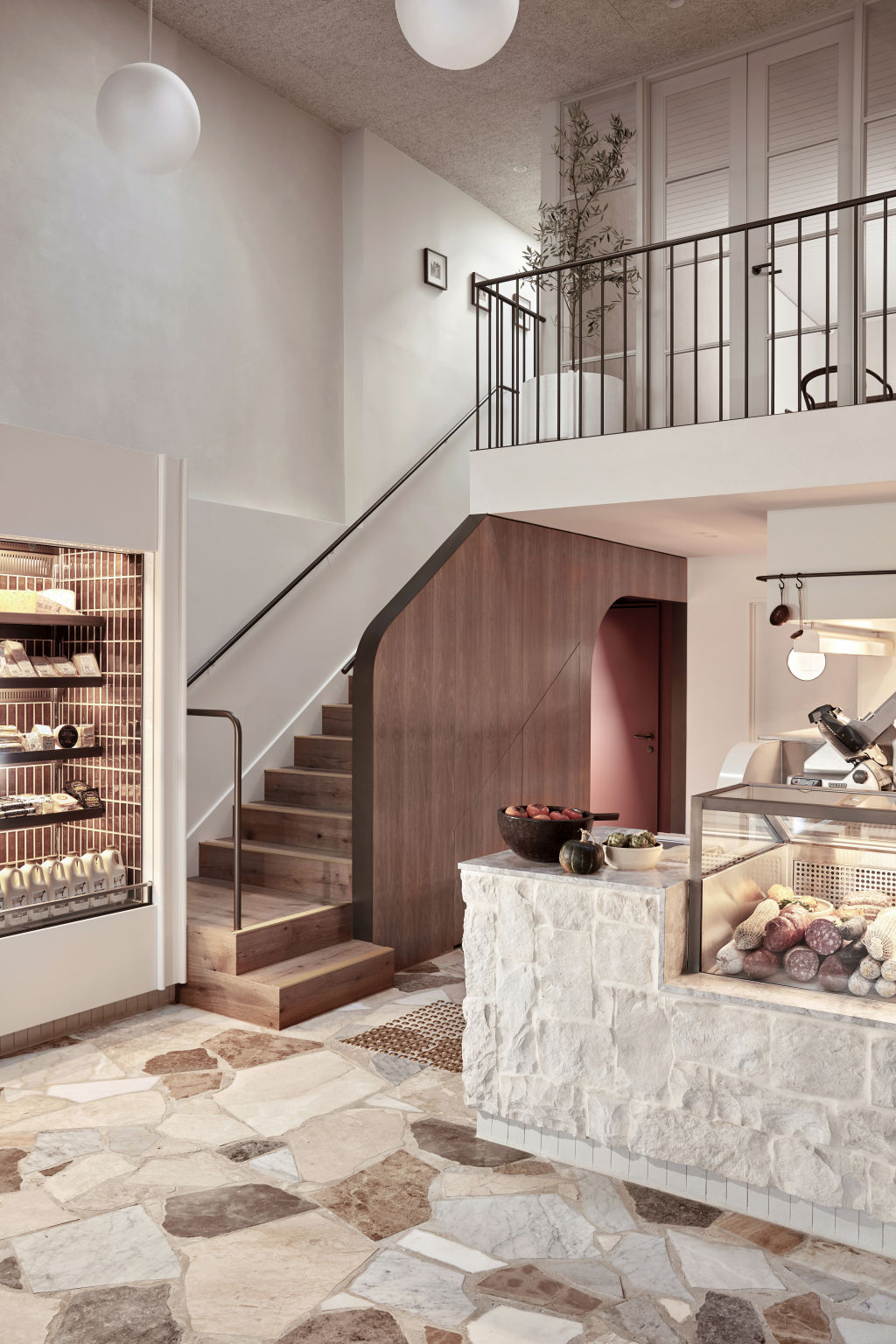
Eat Drink Design Awards 2019 winners
Best Restaurant Design
Di Stasio Citta by Hassell (Melbourne, VIC)
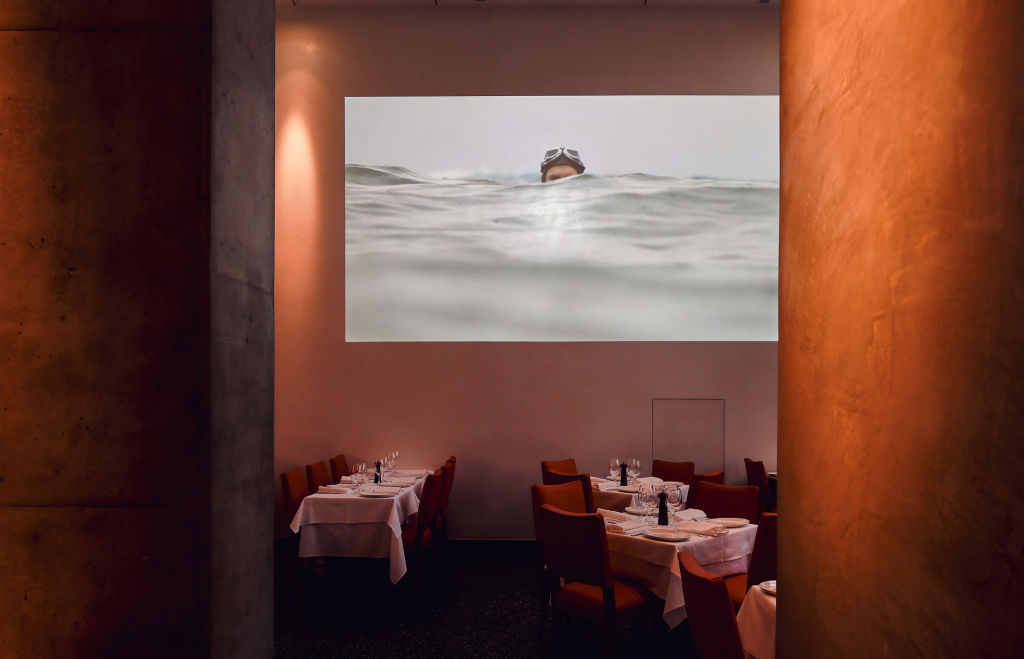
Best Bar Design
Blacksmith by the Stella Collective (Mulwala, NSW)
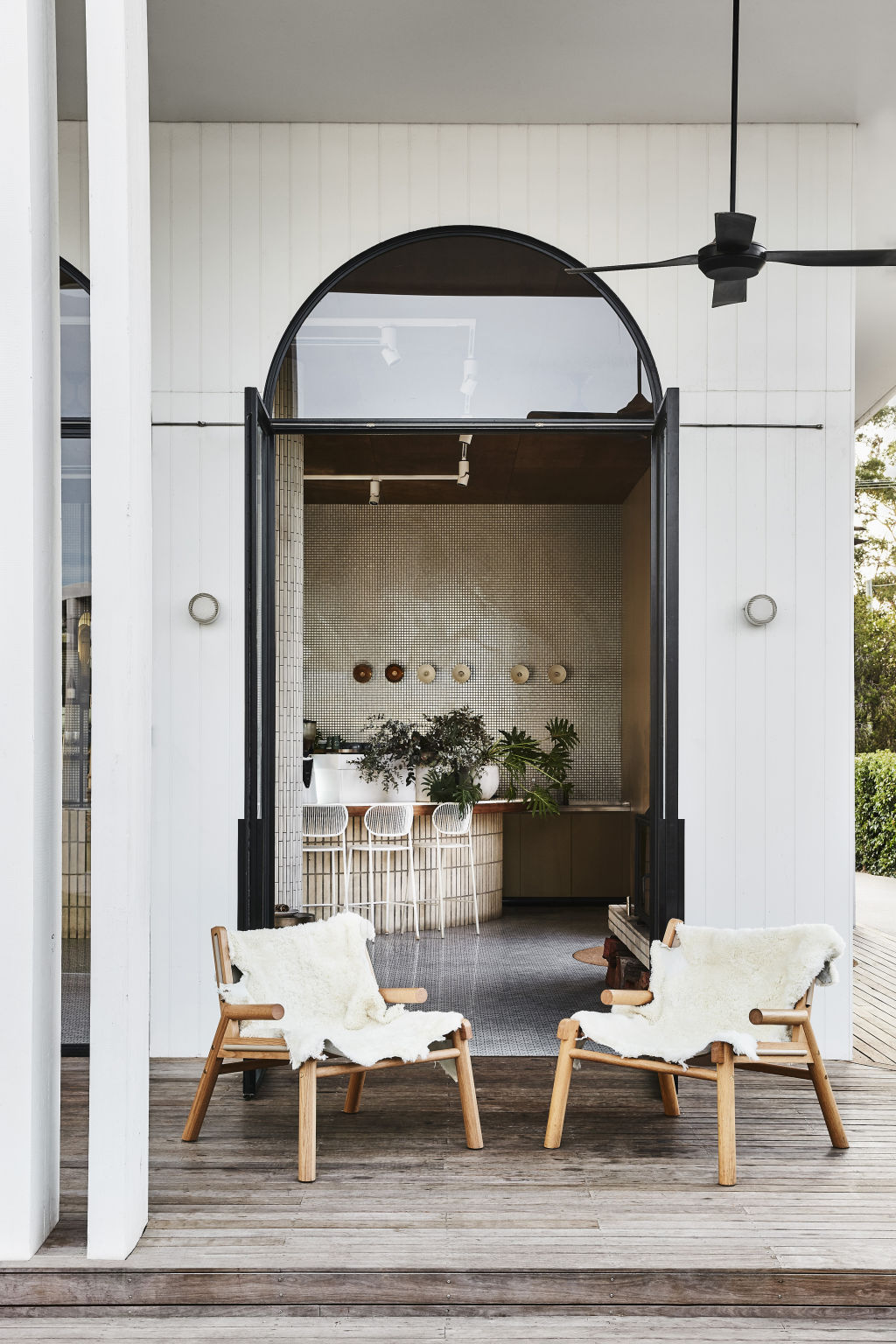
Best Cafe Design
Via Porta by Studio Esteta (Mont Albert, VIC)
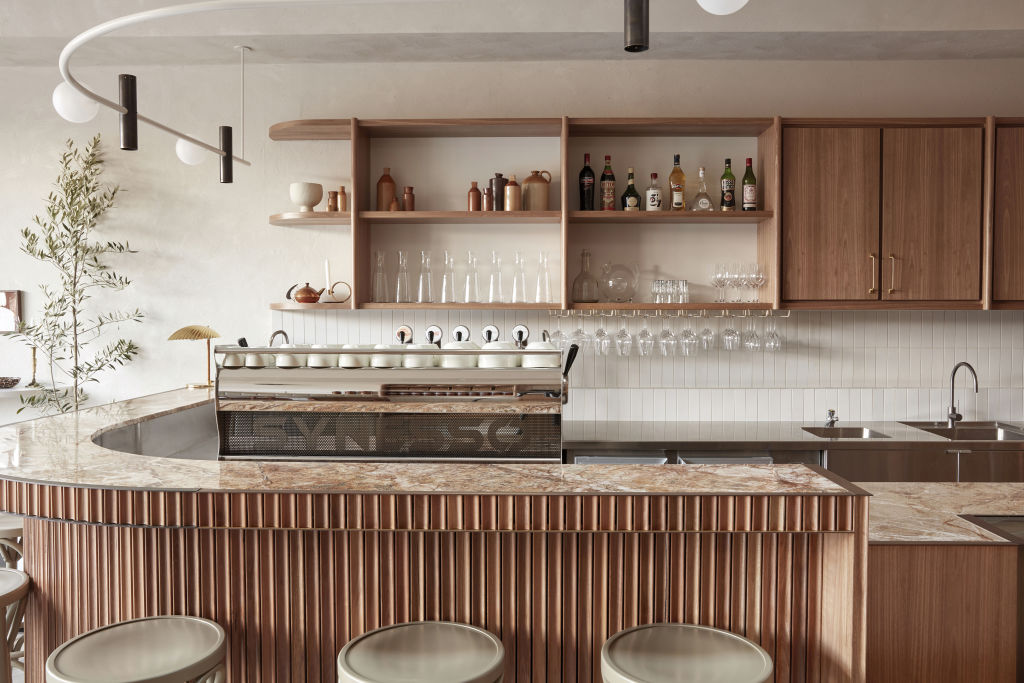
Best Identity Design
Lagotto by Studio Hi Ho (Fitzroy North, VIC)
Best Hotel Design (Joint Winner)
Drift House by Multiplicity (Port Fairy, VIC)
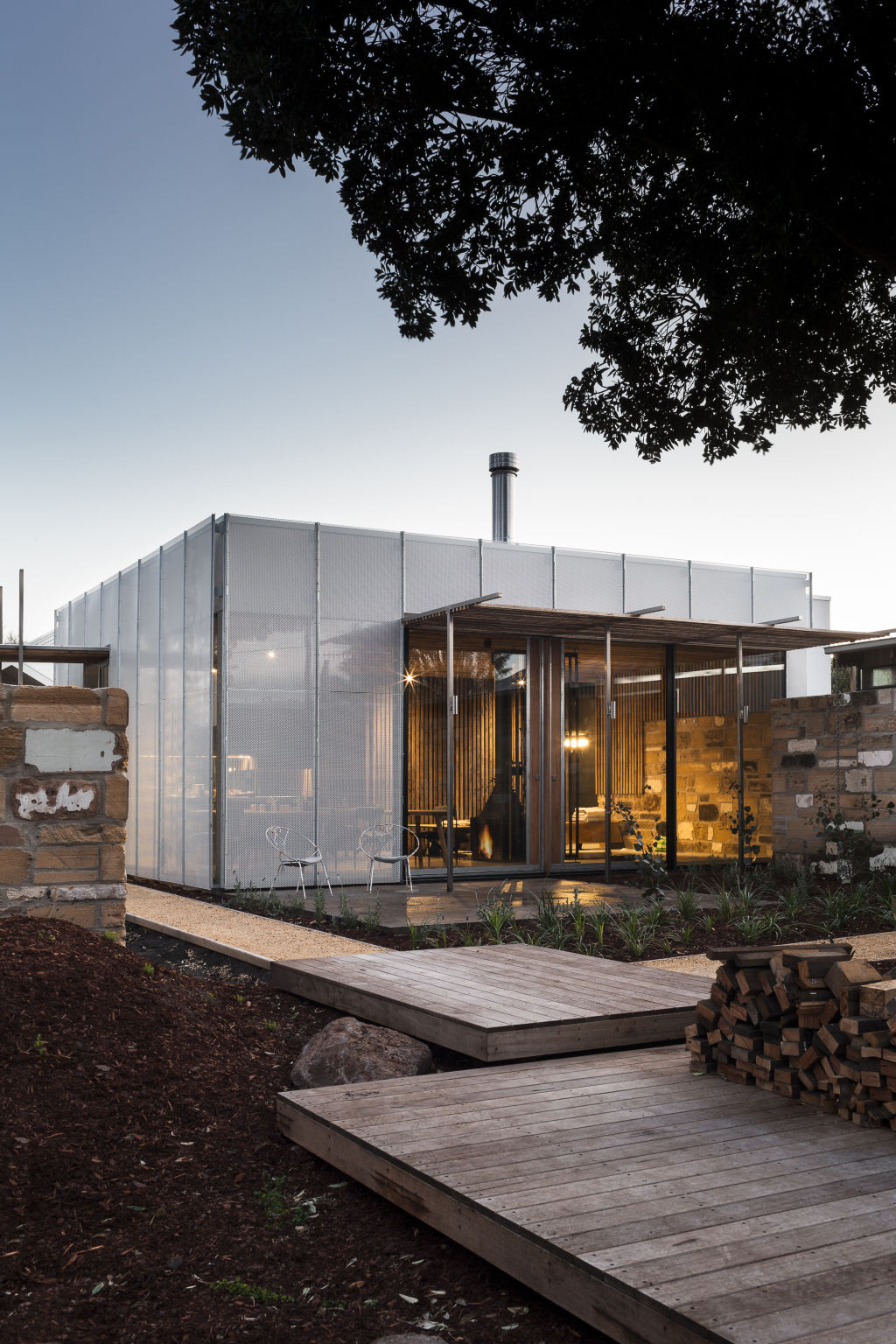
Best Hotel Design (Joint Winner)
The Calile Hotel by Richards and Spence (Fortitude Valley, QLD)
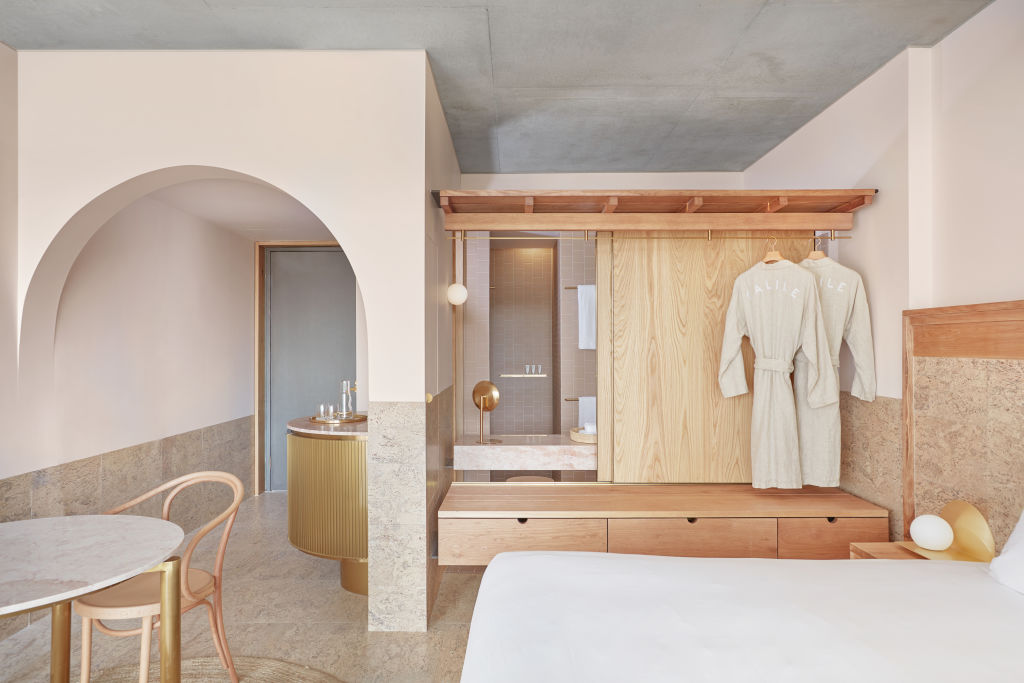
Best Installation Design
The Magic Box by Liminal Objects with Van Tuil (Fabricated in Hobart, TAS)
Best Retail Design
Piccolina Collingwood by Hecker Guthrie (Collingwood, VIC)
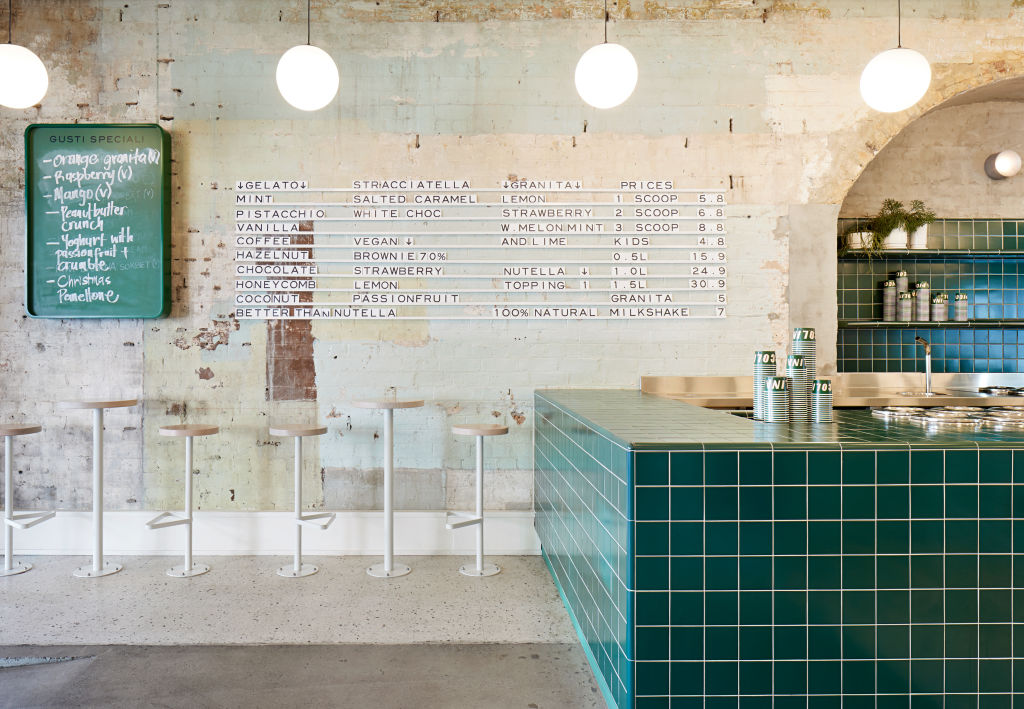
Hall of Fame
Cumulus Inc by Pascale Gomes-McNabb (Melbourne, VIC)
We recommend
We thought you might like
States
Capital Cities
Capital Cities - Rentals
Popular Areas
Allhomes
More
